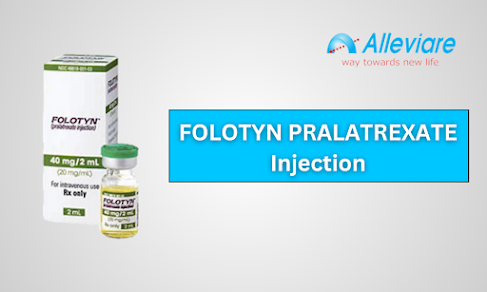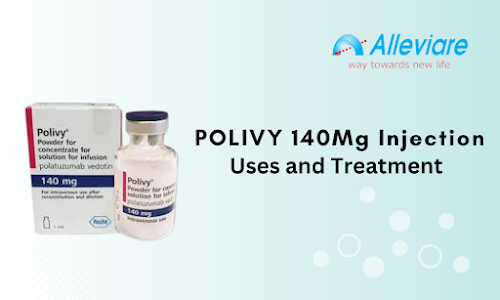What is the recommended dosage of Pangraf (tacrolimus) capsules?
Pangraf (tacrolimus) capsules are a medication used to prevent the rejection of transplanted organs, such as the kidney or liver. The medication works by suppressing the immune system to prevent it from attacking the transplanted organ.
The recommended dosage of Pangraf (tacrolimus) capsules will depend on several factors, including the patient's age, weight, overall health, and the type of organ being transplanted. Additionally, the dosage may need to be adjusted over time based on the patient's response to the medication and any side effects they may experience.
In general, the starting dose of Pangraf (tacrolimus) capsules for adults is usually between 0.1 mg and 0.2 mg per kilogram of body weight per day, divided into two doses taken 12 hours apart. The maximum daily dose should not exceed 20 mg.
For children, the recommended starting dose is usually between 0.15 mg and 0.3 mg per kilogram of body weight per day, divided into two doses taken 12 hours apart. The maximum daily dose should not exceed 12 mg. It is important to follow your doctor's instructions carefully when taking Pangraf (tacrolimus) capsules, as taking too much or too little of the medication can increase the risk of organ rejection or other complications. Additionally, it is important to take the medication at the same time each day, and to avoid missing doses or stopping the medication without consulting your doctor. If you experience any side effects while taking Pangraf (tacrolimus) capsules, such as headaches, tremors, or changes in kidney function, be sure to notify your doctor right away. They may need to adjust your dosage or switch you to a different medication to better manage your symptoms. Overall, Pangraf (tacrolimus) capsules can be a very effective medication for preventing organ rejection in transplant patients, but it is important to follow the recommended dosage and take the medication as prescribed to achieve the best possible outcomes.




Comments
Post a Comment